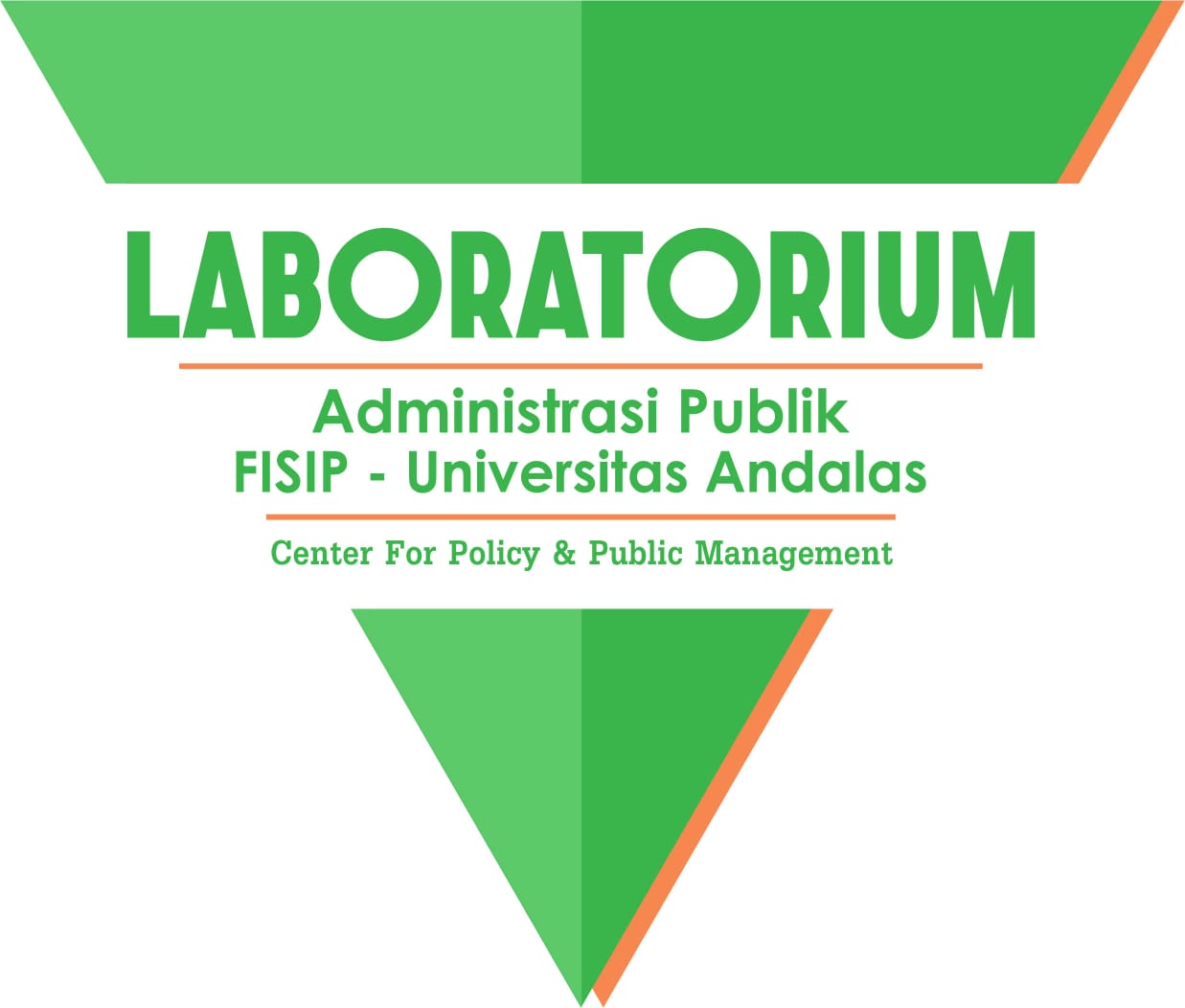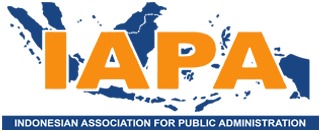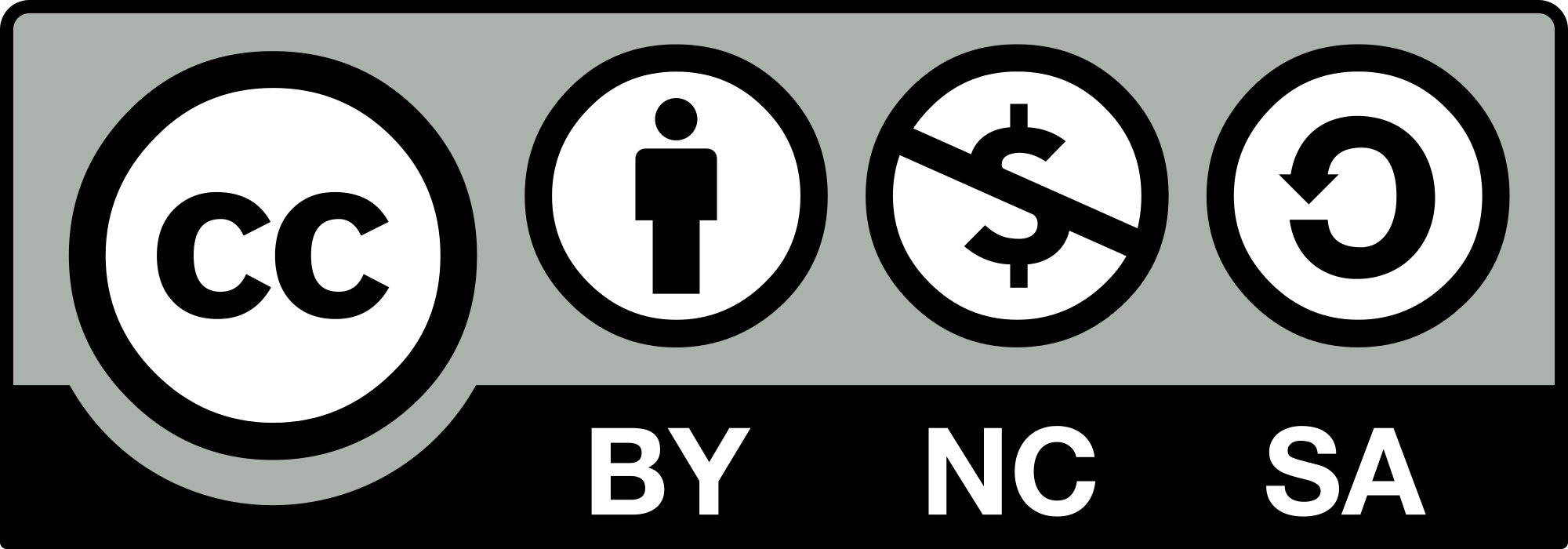Leadership Character of the Director General of Immigration: a Hope
Abstract
The open selection for the position of Director General of Immigration at the Ministry of Law and Human Rights has become a historic moment with the opportunity for non-civil servants to be involved as candidates. This phenomenon illustrates that the public has high hopes for the Director General of Immigration who will be elected. The hope is that Indonesian Immigration will be more advanced and ready to face challenges. This is descriptive research using a literature study that uses various data and information related to Immigration issues, the selection of the Director General of Immigration and the challenges of Immigration in the future. The Director General of Immigration must be able to be an example (example), have sufficient experience (experience), educated (education), understand the environment and organizational values (environment) and be able to evaluate the program well (evaluation). Therefore, it is important to remind that the Director General of Immigration must understand the work culture of the organization, the ability to change for the better, the ability to make effective decisions, the ability to lead and communicate, the drive to be able to collaborate with strategic partners, equal opportunities in order to develop capacity, be able to achieve performance targets, maximize assets and potential, manage the quality of public services that are getting better and the ability to bring this organization to a better direction.
Downloads
References
Alhadid, A. Y. (2015). the Effect of Leadership Style on Organization Performance in. International Review of Management and Business Research, 5(1), 273–278.
Amrizal, D. (2017). The Recruitment and Placement of Civil Servants Based on Position, Volume, and Workload, Medan, Indonesia. IOSR Journal Of Humanities And Social Science (IOSR-JHSS, 22(8), 49. https://doi.org/10.9790/0837-2208124957
Andrews, M., & Shah, A. (2003). Citizen-Centered Governance: A New Approach to Public Sector Reform. Bringing Civility in Governance. Handbook of Public Sector Performance Reviews, January, 1–36.
Council, A. D., & Council, M. D. (2022). Leadership Competency Framework.
Kemenkumham. (2022a). Seleksi Terbuka Jabatan Pimpinan Tinggi Madya di Lingkungan Kementerian Hukum dan Hak Asasi Manusia tahun 2022.
Kemenkumham. (2022b). Surat Menteri Hukum dan Hak Asasi Manusia Kementerian Hukum dan Hak Asasi Manusia Nomor MHH.KP-03.03-258 tentang Permohonan Persetujuan Pengisian Jabatan Direktur Jenderal Imigrasi Kementerian Hukum dan HAM (p. MHH.KP-03.03-258). Surat Menteri Hukum dan Hak Asasi Manusia.
Undang-Undang Nomor 6 tahun 2011 tentang Keimigrasian, (2011) (testimony of Kementerian Hukum dan Hak Asasi Manusia Republik Indonesia).
Klann, G. (2007). Building Character Strengthening the Heart.
Pierskalla, J. (2021). A DIAGNOSTIC STUDY OF THE CIVIL SERVICE IN INDONESIA.
Sekkab. (2022). Persetujuan Presiden atas Permohonan Pengisian Jabatan Pimpinan Tinggi Madya di lingkungan kementerian Hukum dan Hak Asasi Manusia dai kalangan Non-PNS (p. R.32/Seskab/Adm/TPA/09/2022 tanggal 14 September 2).
Slack, N. J., Singh, G., Narayan, J., & Sharma, S. (2020). Servant Leadership in the Public Sector: Employee Perspective. Public Organization Review, 20(4), 631–646. https://doi.org/10.1007/s11115-019-00459-z
Susanto, E. (2017). Change in paradigm of civil servant management in Indonesia : from a traditional toward a strategic approach: Opportunities and challenges. International Journal of Policy Studies, 8(2), 67–68.
Yahya, A., Abd Majid, S., & Din, M. (2020). Career Development of Civil Servants in the Autonomy Era in Indonesia.
Copyright (c) 2023 Junaidul Fitriyono

This work is licensed under a Creative Commons Attribution-NonCommercial-ShareAlike 4.0 International License.










